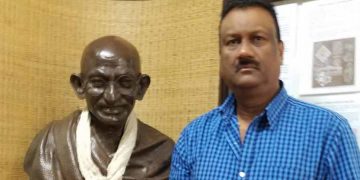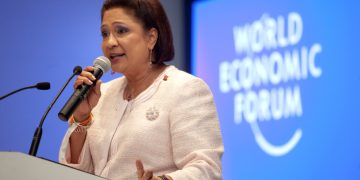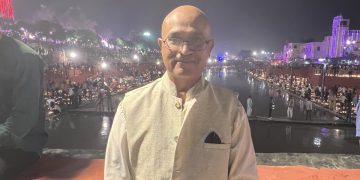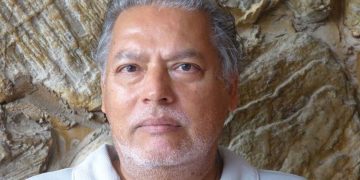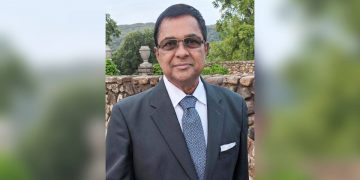Freddie Kissoon ought to be applauded for his brief book review of and commentary on the biography of Mohamed Shahabuddeen written by his son Sieyf Shahabuddeen. Freddie is honest and forthright in his views of the book as well as on MS. He posed some relevant questions critical of the book. As he commented, a family member may not write a critical biography the way a neutral objective writer would. The book did not address or include criticisms of MS. Thus, it is not a fair, objective comprehensive assessment of MS. It is not forgotten that MS served an oppressive dictatorship.
There is no doubt that Guyanese considered MS to be an extremely brilliant man. And Indian Guyanese spoke proudly that one of their own served as an international judge in The Hague.
I don’t think MS wholesomely supported or endorsed or condoned Burnhamism. But the public, Indians in particular, were disappointed that MS allowed himself to be used and abused by Forbes Burnham to build a racist, fascist, totalitarian state. They spoke of the disappointment in conversations in Guyana and the diaspora. Family members, cousins, neighbors were embarrassed of MS association with Forbes Burnham.
MS was silent on political murders and persecution of Burnham’s opponents including Father Darke, Fr Morrison, Rodney, Omowale, Dr Ramsammy, Apata, David Hinds, Roopnarine, among others. He was silent when Burnham banned basic foods.
After Burnham’s death, MS could have condemned Burnhamism. While on the bench in The Hague, he would not have wanted to repudiate Burnhamism, but after his tenure as a judge, he could have dissociated himself from or condemned the wrongs of that regime he served. And most importantly, he could have apologized to the nation for the violations of human rights including freedom of the press and compromising the judiciary.


















